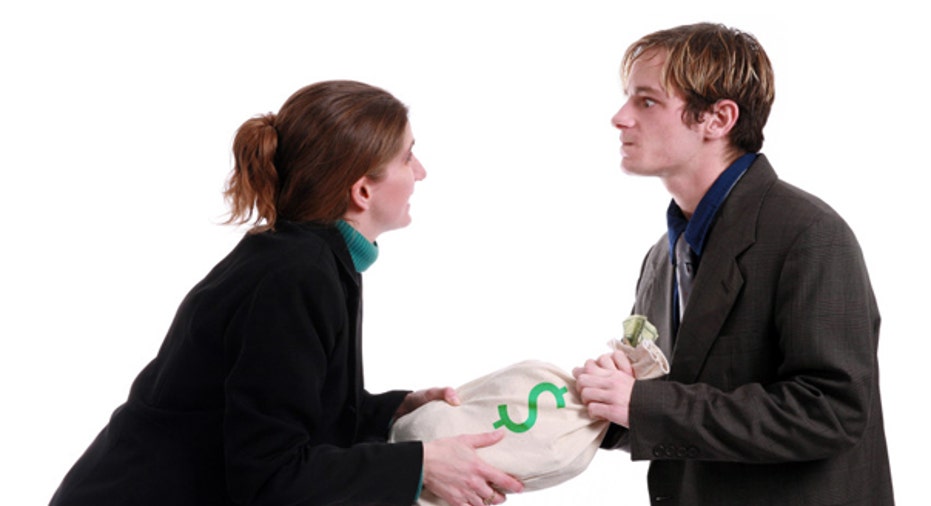4 Bad Money Habits You Need to Break Now

We all have bad habits. But when it comes to our finances, bad behaviors can have long-lasting consequences.
According to NerdWallet, Americans have $11.52 trillion in debt, with $856.2 billion coming just from outstanding credit card bills. Add to the mix mortgage and car payments, student loan debt and other daily expenses as wages remain relatively flat, it’s no wonder many Americans are struggling to make ends meet.
But it doesn’t have to stay that way. Bad money habits can be broken. Here’s a look at four ways you are ruining your finances and how to overcome it:
Bad Habit No. 1: Living Above Your Means
“Charge it” has become the mantra of millions of Americans, and it’s led to massive credit card debt.
“The way Americans spend has everything to do with our culture,” says Andrea Woroch, a money savings expert and consumer advisor for Kinoli. “We view people with fancy cars, designer clothing and big homes as being important, and so many people spend money on things to feel important.”
The desire to keep up with the Joneses can have a devastating impact on your financial situation. To reverse the overspending cycle, Woroch recommends focusing on where and when you are spending to get a more complete picture of your money habits.
“It’s important to understand where your money goes and how you can better manage it,” says Woroch. “Seeing your finances in black and white will help you make better decisions.”
Don’t expect overnight savings, and remember to take small--and realistic--steps. Trying to achieve unattainable goals will leave you demoralized and more likely to give up.
Bad Habit No. 2: Buying Items You Never Use
Whether it’s a gym membership that never gets used, or a hefty cable package when you barely watch TV, don’t let money go down the drain. While $50 a month sounds trivial, it adds up and that money can be used to pay down debt, says Gail Cunningham, spokeswoman for The National Foundation of Credit Counseling.
She advises taking inventory of where your money is going every month. “Review all checking account drafts, bills and credit card charges. This is a good exercise that increases financial awareness and forces people into making conscious decisions about what they want to continue paying for.”
Bad Habit No. 3: You Impulse Shop
Impulse shopping happens when you buy goods or services on a whim without giving much thought to whether or not you really need (or can even afford) the item.
“Impulsive shoppers typically don’t have a grasp on their budget nor understand where their money goes,” says Woroch. “They spend without thinking about the outcome or the necessity of the item they purchase or how that impacts their bottom line.”
Resisting the urge is difficult, but experts recommend only using cash, always making a list when shopping and considering any purchases off the list for at least 24 hours, to help break the habit.
Woroch suggests not saving your credit card or shipping information on websites you frequent resist impulse buys. “If you have to dig for your wallet and credit card, this will make you reconsider the purchase,” she says.
Bad Habit No. 4: Turning a Blind Eye to Savings.
For people struggling to pay off their debt, putting money aside for “a rainy day” seems counterintuitive, but experts say it’s necessary if you don’t want to end up in a bigger financial hole.
“A lack of savings leaves a person with poor resolution choices,” says Cunningham. “They either have to pull money from a higher priority, such as the rent or vehicle payment to satisfy the expense; charge the expense, thus adding to their debt load; or borrow money from friends or family which can be awkward.”
Although it may be impossible to save $100 a week, most people can find ways to cut costs to save a little each month. Cunningham advises starting out by cutting $10 a month off of 10 spending categories and put that in savings. By the end of the month, you will have saved $100 and chances are you didn’t feel any pain from reducing your expenditures.
“People tell me they can’t afford to save,” says Cunningham. “I tell them they can’t afford not to.”



















